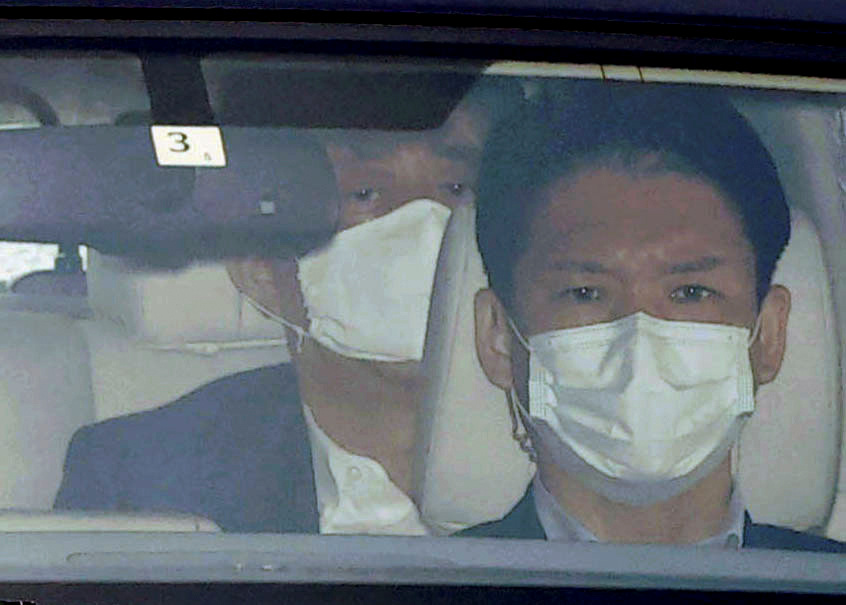Japan's Abe returns to hospital a week after 7-hour 'health checkup'
Xinhua | Updated: 2020-08-24 10:44

TOKYO - Japanese Prime Minister Shinzo Abe on Monday returned to a hospital in Tokyo a week after he purportedly received a "health checkup" amid swirling rumors about the state of his health.
According to government sources close to the prime minister, Abe has returned to the Keio University Hospital to receive the results of the medical checks conducted during the more than seven-hour regular "health checkup" a week prior.
Abe's admission to hospital on Aug. 17 came a day after former economy minister Akira Amari told a TV program that the prime minister needs to rest, intimating he may be suffering from exhaustion.
"Abe feels guilty about the idea of taking a break. We need to force him to get rest, even just for a few days," Amari, who is close to the prime minister, said at the time.
Deputy Prime Minister Taro Aso has also weighed in on the premier's busy schedule possibly taking its toll on his health, stating that Abe had worked for 147 consecutive days through June 20 and so it would not surprising for someone not taking a rest for that long to be in "rough shape."
Abe, 65, during his first tenure as prime minister, which started in late September 2006, abruptly stepped down from his post in 2007 due to chronic ulcerative colitis, an intestinal disease.
As concerns about the premier's health have been growing in recent days, a weekly magazine reported that Abe vomited blood at his office on July 6.
Earlier the month however, Japan's top government spokesperson Chief Cabinet Secretary Yoshihide Suga, downplayed any potential health issues Abe may be going through, stating, "I see the prime minister every day, and I think he has no health problems at all as he has been carrying out his duties smoothly."
Abe's possible health issues have triggered both sympathy as well as concern from opposition parties.
"If he is not well, I hope he will get rest and recover as soon as possible," Yuichiro Tamaki, leader of the Democratic Party for the People, said.
But some other lawmakers have said that if the prime minister is indeed not in good health, he should be replaced as the country's leader to avoid a political vacuum as the nation continues to grapple with tackling the coronavirus pandemic.
Abe last received a checkup at the same hospital in Tokyo about two months ago and has been receiving regular checkups every six months, a government official said.
The so-called checkup last week took about seven and a half hours.
























